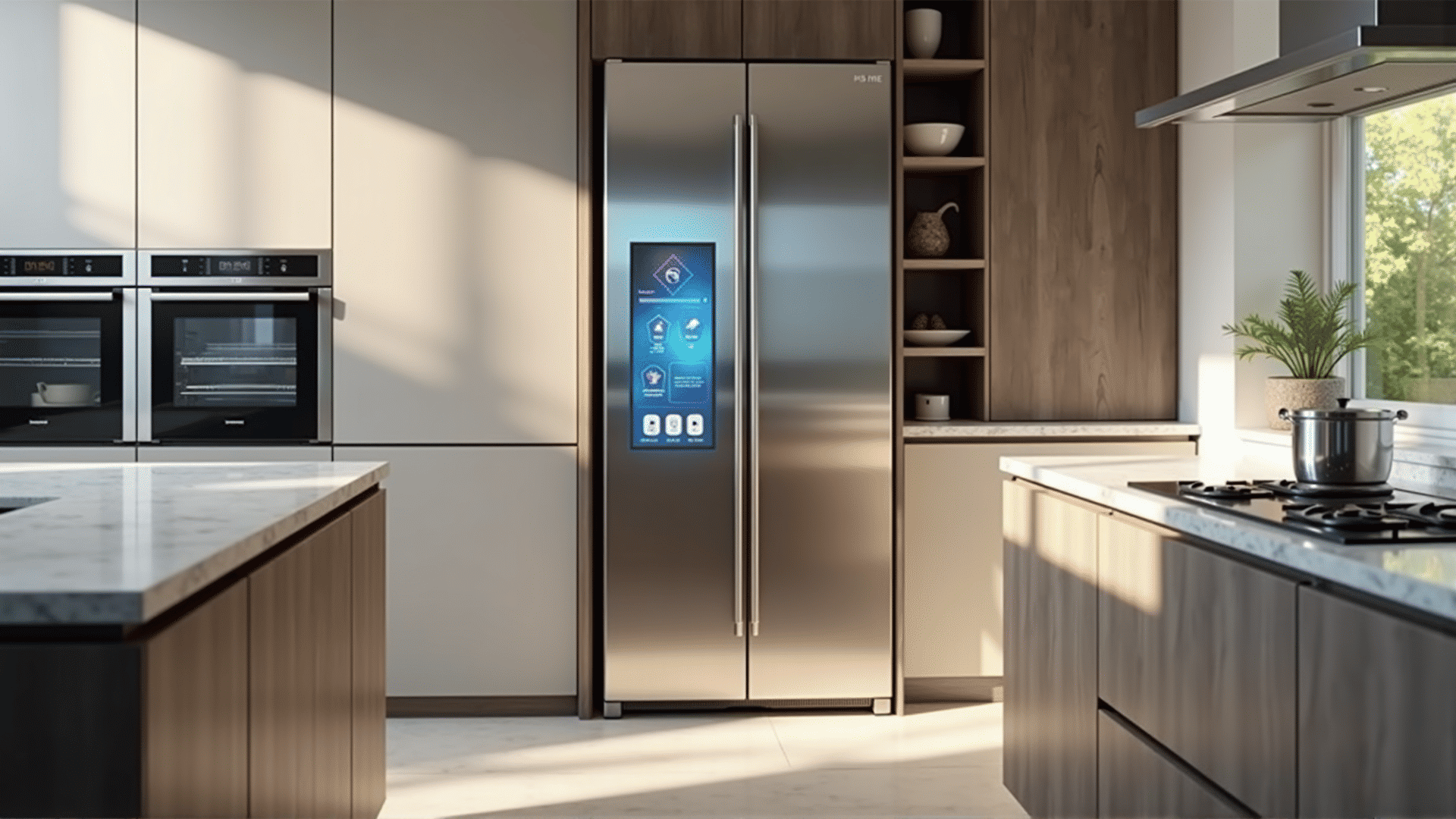In today’s fast-paced world, the refrigerator has transcended its traditional role as a mere cooling device to become a sophisticated appliance brimming with technological innovations. Smart refrigerators, equipped with cutting-edge technology, are revolutionizing the way households manage food and energy consumption. These advancements not only promise to enhance convenience and efficiency but also contribute towards a more sustainable future.
One of the most exciting features of modern smart refrigerators is automated inventory management. Incorporating sensors and cameras, these advanced appliances can monitor the contents inside, track expiration dates, and even notify users when it’s time to restock certain items. This capability minimizes food waste by ensuring that perishable items are used before they spoil. Furthermore, by syncing with your smartphone or home network, smart refrigerators can generate automated shopping lists and even place orders for groceries online. This seamless integration into daily life transforms the mundane task of food management into an intelligent, hassle-free process.
Energy efficiency is another crucial aspect where smart refrigerators are making a significant impact. Traditional refrigerators are among the highest energy-consuming appliances in a household. Smart technology addresses this issue by optimizing energy consumption. These intelligent appliances employ algorithms to learn users' habits and adjust their cooling cycles accordingly, thereby reducing unnecessary energy usage. Many models are equipped with energy meters that provide homeowners with real-time data on energy consumption, enabling proactive adjustments to reduce utility costs.
Smart refrigerators also contribute to improved health and wellness. Some models come with features like air purification systems to eliminate bacteria and odors, ensuring food stays fresher for longer periods. Others offer recipe recommendations based on the available ingredients, encouraging healthier eating habits by making it easier to prepare nutritious meals without the temptation of ordering takeout. These functions reflect a shift toward more personalized and health-conscious living.
Furthermore, smart refrigerators are seamlessly integrating with the internet of things (IoT) ecosystem, allowing for advanced automation and connectivity within the smart home environment. With voice-activated assistants like Amazon Alexa and Google Assistant, users can interact with their refrigerator using simple voice commands, making it possible to adjust settings, add to shopping lists, and manage inventory without even touching the appliance.
While the initial cost of smart refrigerators may be higher than conventional models, they offer long-term savings and benefits that justify the investment. The reduction in food waste, energy savings, and convenience, combined with the potential health benefits, make these appliances an attractive option for the modern household.
As technology continues to evolve, the potential applications for smart refrigerators are boundless. Future innovations may include enhanced AI capabilities that offer even more personalized food management solutions, integration with health and fitness apps to monitor nutritional intake, and broader connectivity with other smart kitchen devices for a fully interconnected culinary experience.
In conclusion, the advent of smart refrigerators marks a significant leap forward in kitchen technology. By offering solutions for inventory management, energy efficiency, and improved health, these appliances are paving the way for a more convenient, economical, and sustainable future. As more households embrace this technology, smart refrigerators are set to become an integral part of the modern smart home.
